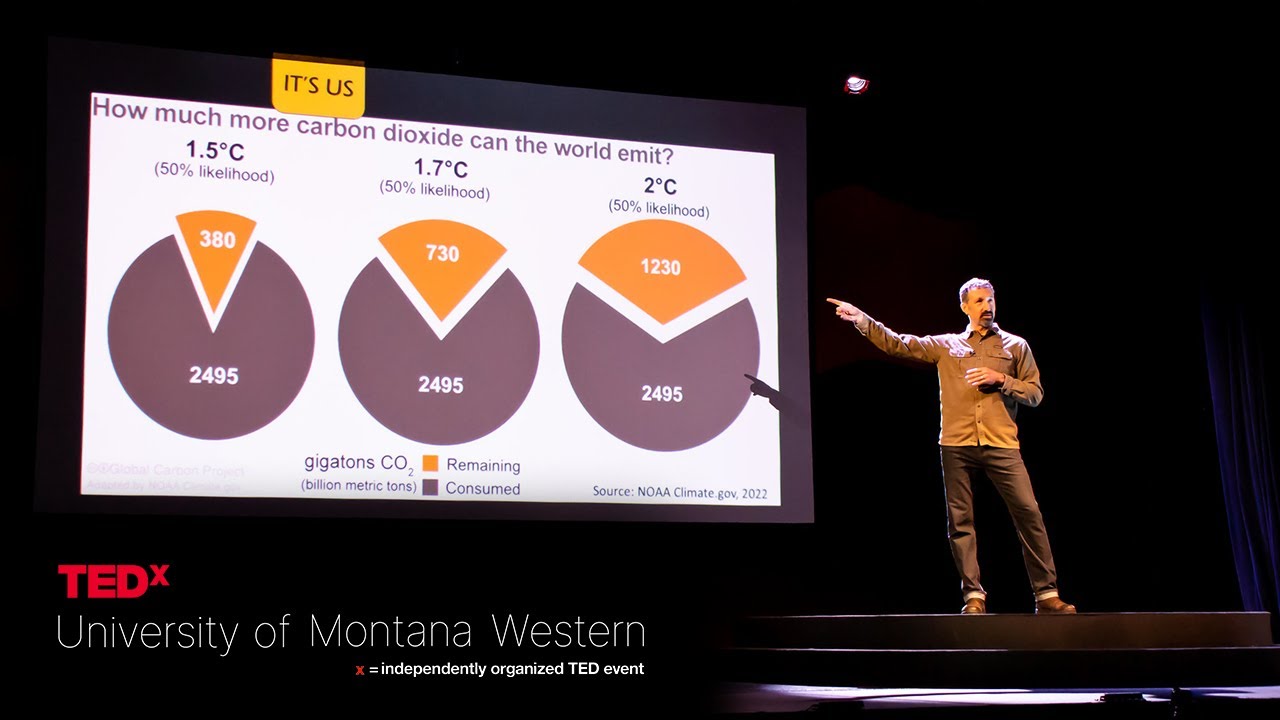
Explore climate change impacts with Spruce Schoenemann as he discusses warming trends, shrinking glaciers, and escalating wildfires in Montana and beyond. Discover actionable steps towards a sustainable future through renewable energy adoption and personal carbon reduction.
Sponsored by the Fund for Experience One, TEDxUniversity of Montana Western provides a multidisciplinary forum for academic minds to gather and exchange ideas worth sharing. Speakers selected to present at TEDxUniversity of Montana Western are directly connected to the local community or have topics that support Montana Western’s mission and values. TEDxUniversity of Montana Western showcases the diversity and academic fortitude of our institution while providing a venue for speakers to submit their research to a global network.
This conference was filmed in front of a live audience on March 23, 2024 in the Beier Auditorium.
Learn more about TEDxUniversity of Montana Western by visiting www.umwestern.edu/tedx-umw/ or www.umwestern.edu. Dr. Spruce Schoenemann is a Professor of Environmental Sciences at the University of Montana Western. With his background in geochemistry and climate science research, he seeks to understand the past climate to provide context for the climate changes of today and the future. He does this by utilizing environmental archives of climate like ice cores, lake sediments, glacier deposits, and tree rings. Schoenemann has a strong personal interest in boldly addressing the climate crisis through education and outreach, resource management, renewable energy, and sustainability. He is passionate about protecting our winters and wilderness and securing a livable climate for future generations. This talk was given at a TEDx event using the TED conference format but independently organized by a local community. Learn more at https://www.ted.com/tedx
source
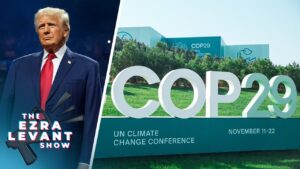



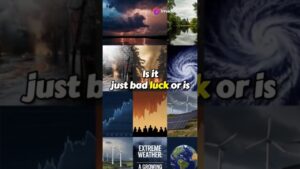
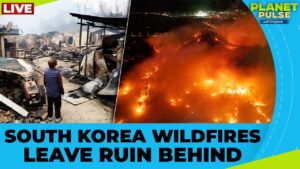
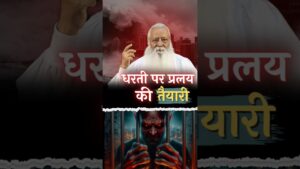
Includes the horse in our "future transportation systems"(and we don't have to move a lot in a smart township).
What will the climate be like for our kids? Considering the holocene climatic optimum was 3.5 degrees warmer than today there's your answer, earth is still here, nuff said👍.
The UN's IPCC AR6, chapter 12 "Climate Change Information for Regional Impact and for Risk Assessment", section 12.5.2, table 12.12 confirms there is a lack of evidence or no signal that the following have changed:
Air Pollution Weather (temperature inversions),
Aridity,
Avalanche (snow),
Average precipitation,
Average Wind Speed,
Coastal Flood,
Agricultural drought,
Hydrological drought,
Erosion of Coastlines,
Fire Weather (hot and windy),
Flooding From Heavy Rain (pluvial floods),
Frost,
Hail,
Heavy Rain,
Heavy Snowfall and Ice Storms,
Landslides,
Marine Heatwaves,
Ocean Acidity,
Radiation at the Earth’s Surface,
River/Lake Floods,
Sand and Dust Storms,
Sea Level,
Severe Wind Storms,
Snow, Glacier, and Ice Sheets,
Tropical Cyclones.
How about some quotes from the UN's IPCC AR6?
"There is low confidence in the emergence of heavy precipitation and pluvial and river flood frequency in observations, despite trends that have been found in a few regions."
"There is low confidence in the emergence of drought frequency in observations, for any type of drought, in all regions."
"Observed mean surface wind speed trends are present in many areas, but the emergence of these trends from the interannual natural variability and their attribution to human-induced climate change remains of low confidence due to various factors such as changes in the type and exposure of recording instruments, and their relation to climate change is not established. . . The same limitation also holds for wind extremes (severe storms, tropical cyclones, sand and dust storms)."
There is no objective observational evidence that we are living through a global climate crisis. None.
Sad this does not get more attention -.-
However I must criticize, that a significant amount of CO2 pollution comes from factors beyond an individuals controll. And that is mainly industry: Steel-priduction, Cement, concrete, IT-Server-farms (electricity), transportation (international shipping, trucks).
While some of these are under limited consumer controll (choosing the train instead of the plane, or choosing to repair a priken washing mashine instead of bying a new one), I would still argue that the only real way to solve things is policy change: for both, industry and citizens. But here the last point is actually a good one: if a significant (bit not soo large) portion of society speaks up for change and leads by example, this is likely the best way to achive said policy changes…
There are two things this guy fails to admit: he expects way too much from humanity and it was a selfish mistake for him to have kids. The planet is in a state of hospice. You're not going yo reverse that eith 8 billion people on the planet. Carbon enissions will decline about the dame that war will.
Nice job Spruce! Madrona nailed it, well done 🙂